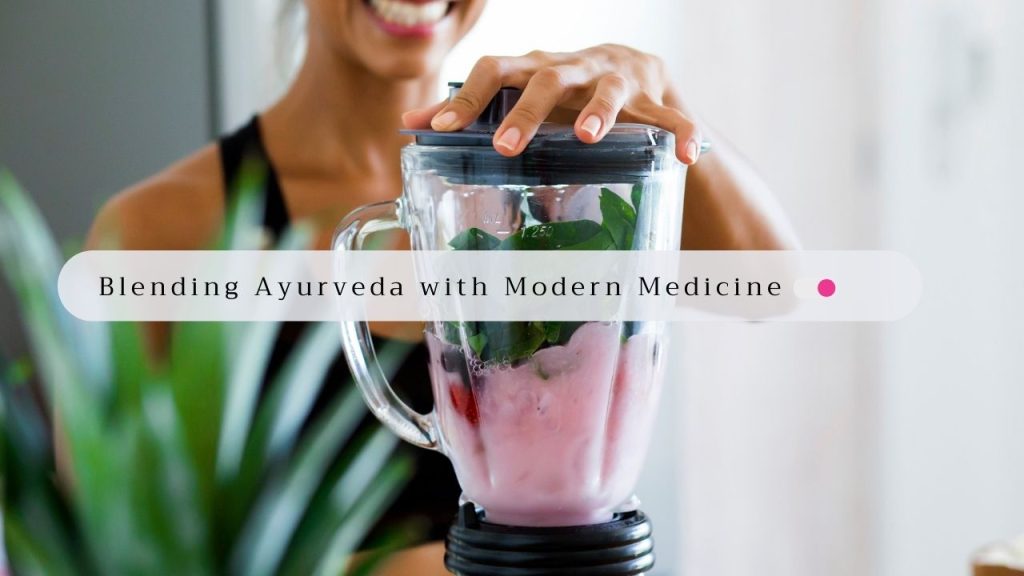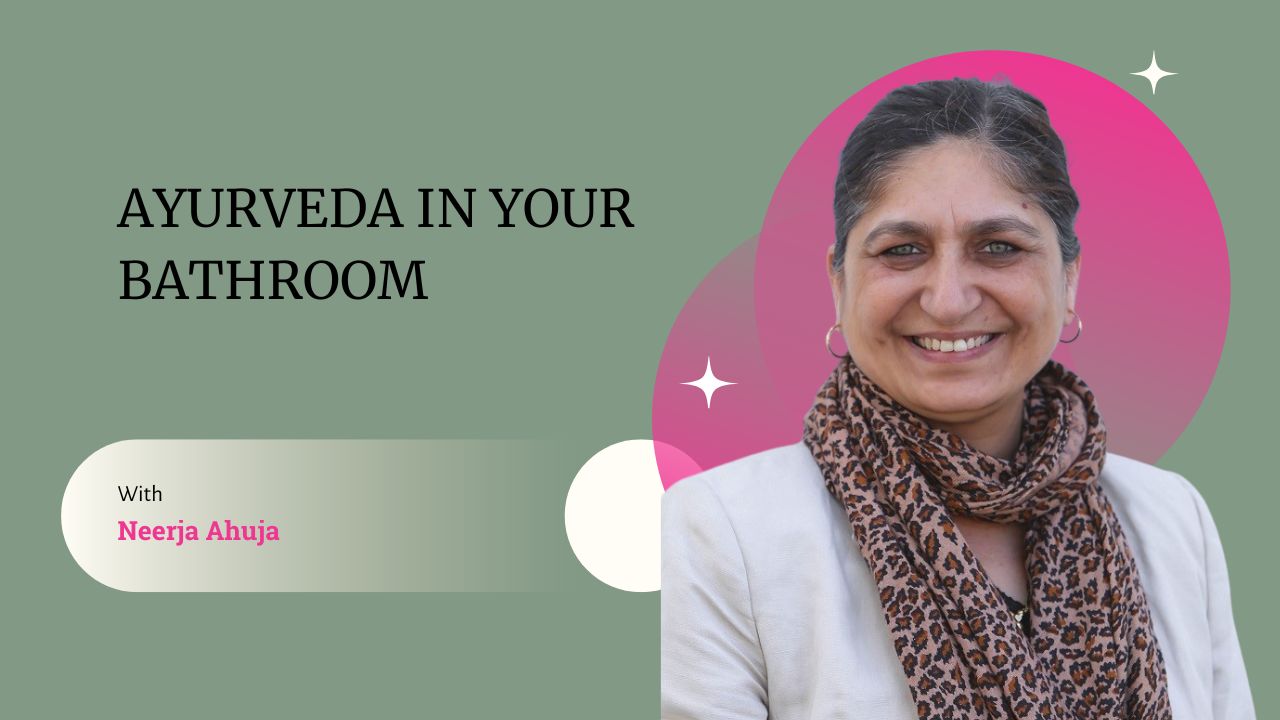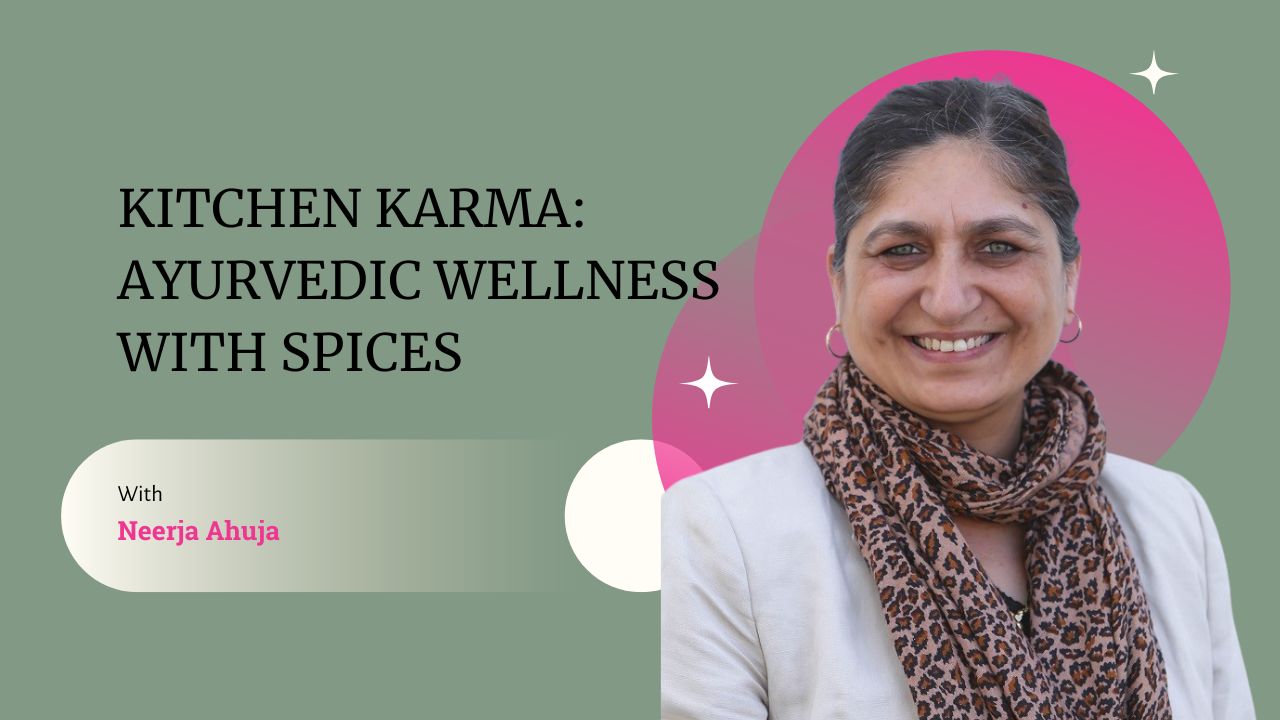
In the quest for overall health, the trend of blending different medical approaches is gaining traction. One such collaboration, with the potential to elevate patient care, is the fusion of Ayurvedic principles with Western medicine. As an Ayurveda practitioner, I think it’s critical to grasp how Ayurvedic lifestyle and dietary practices can complement conventional medicine. Let’s explore three key aspects of this integration, being holistic wellness, personalised patient care, and stress reduction through the mind-body connection.
Holistic Wellness
Ayurveda, an ancient Indian system of medicine, stands out for its holistic approach to well-being. Unlike Western medicine, which often targets specific symptoms, Ayurveda looks to uncover the root causes of ailments. By incorporating Ayurvedic principles alongside Western treatments, our goal is not just symptom relief but a deeper understanding of an individual’s overall health.
According to Ayurveda, each person is seen as a unique combination of three doshas – Vata, Pitta, and Kapha – forming their inherent nature or Prakruti. Imbalances in these doshas, known as Vikruti, can lead to various health issues. Through personalised assessments, Ayurveda tailors diet and lifestyle recommendations based on an individual’s constitution.
This holistic approach complements Western medicine by addressing the core imbalances contributing to ailments. While Western medicine excels in acute care and precise interventions, Ayurveda adds a layer of preventive and root-cause-focused care, potentially reducing reliance on certain medications and fostering long-term health.
Personalised Patient Care
Ayurveda’s notable strength lies in its commitment to individualised patient care. Unlike Western medicine’s standardised protocols, Ayurveda recognises the uniqueness of each person’s body and mind. By considering an individual’s Prakruti and Vikruti, Ayurvedic practitioners create personalised dietary plans and lifestyle recommendations.
This approach aligns with the trend in medicine towards precision and individualised therapies. Ayurveda’s emphasis on understanding a patient’s constitution allows for a more nuanced approach to health. Integrating Ayurvedic insights into patient care provides a holistic understanding, allowing Western medicine to be more targeted and effective. Though the Predictive, Preventive, Personalised, and Participatory Medicine (PPPM) model of health is where Western medicine is also talking about now, Ayurveda has been teaching this model for thousands of years.
Consider a scenario where a patient with a chronic condition receives Ayurvedic guidance alongside conventional treatments. The Ayurvedic practitioner might suggest specific dietary modifications and lifestyle practices tailored to the patient’s constitution and doshic imbalances. This integrated approach not only addresses symptoms but also supports the patient’s overall well-being, potentially enhancing the effectiveness of Western medical interventions.
Stress Reduction and Mind-Body Connection
Ayurveda places significant emphasis on the interconnectedness of the mind and body. Stress, prevalent in modern life, is acknowledged as a precursor to many health issues. Ayurvedic practices, including meditation, yoga, and specific dietary choices, aim to reduce stress and promote mental well-being.
In the context of Western medicine, where stress-related conditions are common, incorporating Ayurvedic stress reduction techniques can be transformative. Mind-body practices from Ayurveda enhance a patient’s ability to cope with stress, potentially improving the outcomes of various medical treatments.
Imagine a patient undergoing a Western medical procedure or managing a chronic illness. Integrating Ayurvedic stress reduction techniques into their care plan can contribute to a more positive mental state, potentially impacting the body’s response to treatment. By recognising the profound connection between mental and physical health, this integrated approach aims to provide a more comprehensive strategy for patient care.
A Unified Approach to Health
In conclusion, blending Ayurvedic principles with Western medicine offers a promising path to holistic patient care. This collaborative model, combining the strengths of both approaches, creates a comprehensive and patient-centric framework that addresses not only symptoms but also the root causes of ailments.
As an Ayurveda practitioner, I see our role is to collaborate with the broader medical community, encouraging an understanding of the unique contributions Ayurveda can make to individualised patient care, holistic wellness, and stress reduction. Together, we contribute to a future where diverse medical philosophies work in harmony, offering patients the best of both worlds on their journey to optimal health and well-being.
This collaborative approach promotes a holistic understanding of health, addressing not only existing medical conditions but also proactively working to prevent the development of lifestyle-related diseases, ultimately contributing to a healthier and more resilient population.



